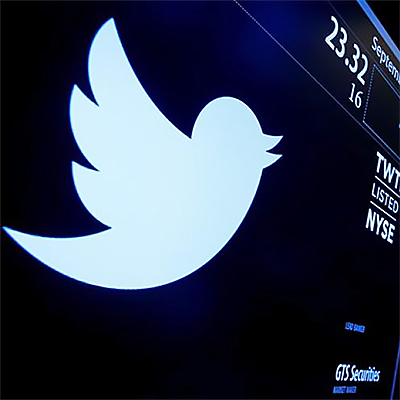Nigeria Bans Twitter
Which is worse? A nation where politicians are silenced by “private companies,” or a nation where private companies are silenced by politicians?
In America, we experience the former, and in Nigeria, the latter applies. Nigerian President Muhammadu Buhari has suspended the Twitter’s operations in the country.
While it would be easy to chortle over a company like Twitter receiving a comeuppance at last, an honest assessment of what’s happened forces recognition of the difficult task facing social media monopolies. Twitter may not have the user base of Facebook or the viewership of YouTube, but they are the default platform for politicians everywhere to reach their constituents. And what did Nigeria’s president say that got him suspended from Twitter?
In reference to a growing insurrection in the nation’s southeast, he wrote: “”Many of those misbehaving today are too young to be aware of the destruction and loss of lives that occurred during the Nigerian Civil War. Those of us in the fields for 30 months, who went through the war, will treat them in the language they understand,”
This was a clear reference to Nigeria’s civil war, fought to defeat the succession of Biafra, a war that anyone alive back in 1967-1970 will remember as a hideous conflict that claimed millions of lives. Did this Tweet cross the line into a threat of violence? If not, it came awfully close. But assume for a moment there is no ambiguity whatsoever. Assume, as millions of Nigerians did, that this was an unsubtle threat to start killing people.
What was Jack Dorsey supposed to do? And shall we applaud the retaliatory government “suspension” of Twitter, when that’s what China, Iran, Russia, and other authoritarian nations do to repress their populations?
There’s a lot to chew on here. How are these suddenly crowned communications titans supposed to handle conflicts around the world that manifest as heated rhetoric, or worse, on their platforms? Imagine the predicament Google finds themselves in, owning a monopoly on online mapping, when they have to draw borders for nations with disputed territory? Where does the territory of Pakistan end, and India’s begin? What is the name of Taiwan? And so on.
In the United States, the solution ought to be easier. Communications platforms enjoy immunity from liability for what their content providers post, and in return, they don’t have the right to edit their posts. They get around this, and behave with an explicitly partisan agenda, by claiming they are protecting viewers from “hate speech.” This is a loophole that should be plugged.
But we can have these debates in the U.S. There are rules we can litigate, and eventually an equilibrium is going to be restored. In much of the rest of the world, by contrast, there are no rules, only power. Jack Dorsey may not be playing fair in the U.S., and for that we criticize him. But the game Dorsey has to play in nations like Nigeria may elicit a shred of empathy even in his critics. Only a shred, but a shred nonetheless.
* * *



